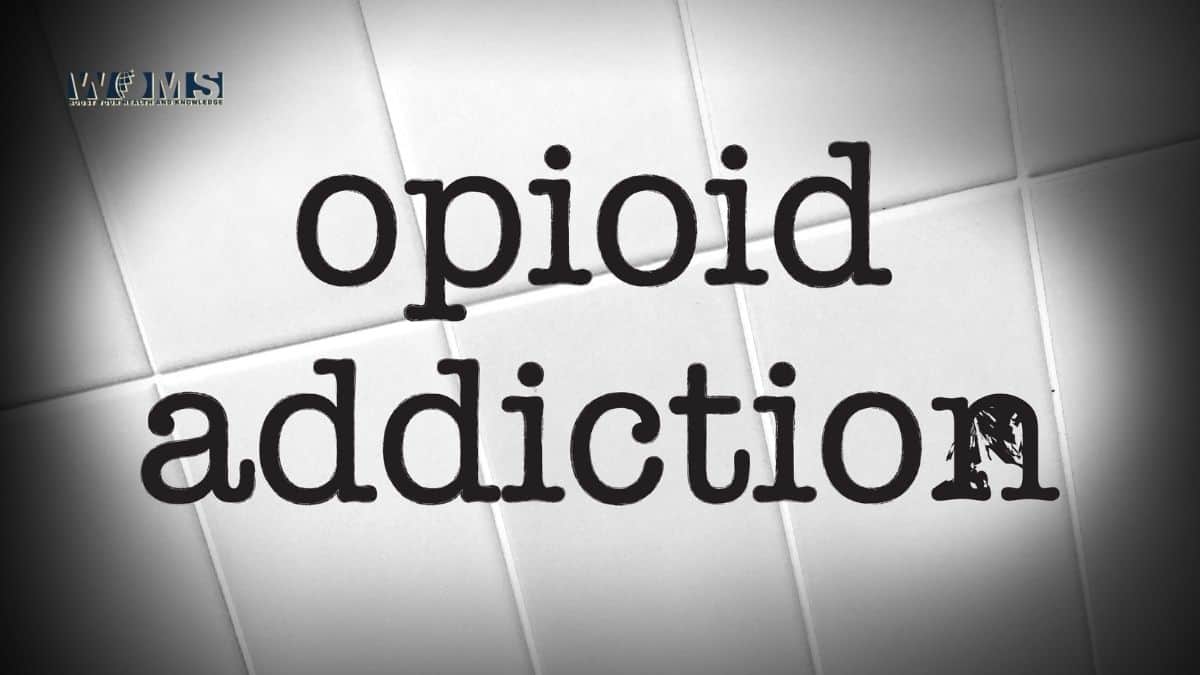Which Methods Have the Highest Long-Term Success Rate When Quitting an Opioid Addiction?

Navigating the labyrinth of opioid addiction treatment options can be overwhelming, especially when the stakes are as high as long-term recovery. It’s crucial to select a program that not only meets your immediate needs but also sets the stage for sustainable success. Alarmingly, research shows that over 90% of heroin rehab participants relapse post-discharge, with nearly 60% experiencing severe setbacks within just a week. So, what are the elements that contribute to a program’s long-term success rate?
Understanding Opioids
Before diving into treatment options, it’s essential to understand what opioids are. These are not your garden-variety, over-the-counter painkillers like acetaminophen or aspirin. Opioids are potent substances derived from the opium poppy plant or synthesized in labs, designed to interact with the brain’s opioid receptors. They include prescription medications like OxyContin and Vicodin, as well as illicit substances like heroin. While effective for pain management, opioids also induce a euphoric “high,” making them highly addictive. This addictive potential often leads to misuse, necessitating specialized treatment programs.
Criteria for Successful Opioid Rehab Programs
When evaluating the efficacy of opioid rehab programs, especially in states like Florida where the opioid crisis has hit hard, several factors come into play. First, the program’s duration is critical; research indicates that treatments lasting at least three months yield the highest success rates. Second, the expertise of the clinical staff can make or break the program’s effectiveness. Programs managed by addiction specialists tend to have better outcomes than those run by general practitioners. Third, individualized treatment plans that employ evidence-based methods are more likely to result in long-term recovery. In essence, there’s no one-size-fits-all solution; the program must be tailored to the individual’s unique needs and circumstances.
What to Expect in Treatment Centers
So, what can you anticipate when entering an opioid addiction treatment center? Initially, you’ll undergo an intake process where medical professionals assess your addiction history and any co-occurring conditions. This assessment informs your treatment plan. Detoxification, often the first step, may require medical supervision, especially for those with severe physical dependence. Following detox, you’ll enter the primary treatment phase, which could be inpatient or outpatient and may also be specialized based on factors like age or gender. Finally, a robust aftercare plan, including ongoing therapy and support group recommendations, is crucial for maintaining long-term sobriety.
In summary, the path to long-term recovery from opioid addiction is complex but navigable. By understanding what opioids are, knowing what to look for in a treatment program, and setting realistic expectations for the treatment process, you can significantly improve your chances of long-term success.
Additional Considerations for Treatment Success
While the core components of opioid addiction treatment are generally consistent, there are additional elements that can further enhance long-term success rates. For instance, the integration of Medication-Assisted Treatment (MAT) has shown promising results. MAT combines traditional therapies with medications like methadone or buprenorphine, which help manage withdrawal symptoms and cravings. Think of it as using both a map and a compass on a hiking trip; each tool complements the other, making it easier to stay on the right path.
Moreover, the inclusion of mental health services can be a game-changer. Many individuals grappling with opioid addiction also suffer from co-occurring mental health disorders such as depression or anxiety. Addressing these issues in tandem with addiction treatment can be like fixing both the engine and the tires of a car; the vehicle runs smoother and is less likely to break down.
Another often overlooked factor in long-term recovery is the role of family and social support. Treatment programs that involve family counseling or offer family education sessions tend to have higher success rates. It’s akin to having a cheering squad during a marathon; the encouragement can make those grueling miles more bearable. Additionally, post-treatment social support, whether from family, friends, or support groups, serves as a safety net, helping individuals navigate the challenges of sobriety in the real world.
Technology and Remote Support
In today’s digital age, technology can also play a role in enhancing treatment outcomes. Telehealth services and mobile apps that offer remote counseling or track sobriety milestones are becoming increasingly popular. Imagine having a personal trainer in your pocket, guiding you and cheering you on 24/7; that’s what these digital tools can offer. They provide an additional layer of support, making it easier to maintain long-term sobriety.
The Importance of Aftercare
Last but not least, a comprehensive aftercare plan is crucial for sustaining the gains made during treatment. This often includes ongoing therapy, regular check-ins with healthcare providers, and participation in support groups like Narcotics Anonymous. Think of aftercare as the maintenance plan for a high-performance sports car; it ensures that the machine continues to operate at its best, reducing the risk of breakdowns.
In conclusion, achieving long-term success in quitting opioid addiction involves a multi-faceted approach. From the expertise of the clinical staff and the duration of the program to the inclusion of MAT and mental health services, several factors contribute to the efficacy of treatment. Add to this the invaluable role of family support, technological aids, and a robust aftercare plan, and you have a roadmap for sustainable recovery. While the journey is undoubtedly challenging, the destination, a life free from the shackles of addiction is well worth the effort.




